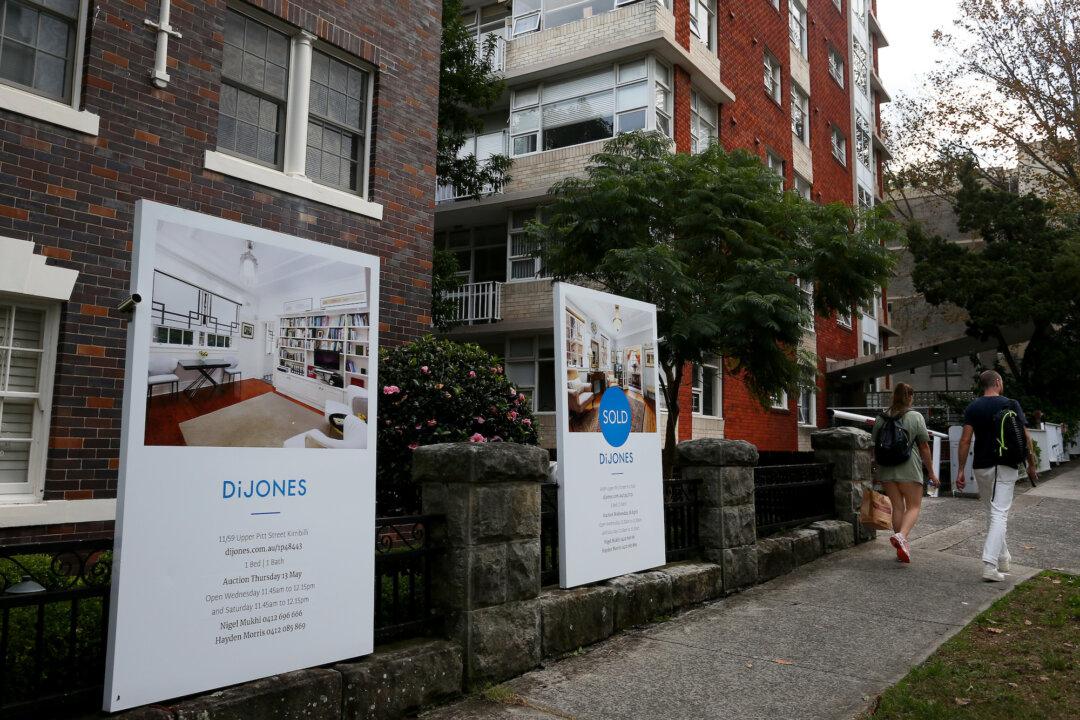The governor of the Reserve Bank of Australia (RBA) has predicted that house prices could rise after the bank ends the current interest rate hiking cycle.
Since May 2022, the RBA has embarked on a monetary tightening policy to combat soaring inflation, taking the official cash rate from the historic low of 0.1 percent to the current 4.1 percent.





